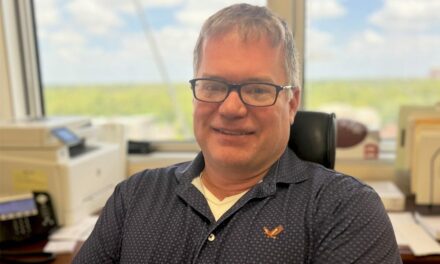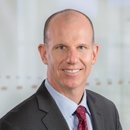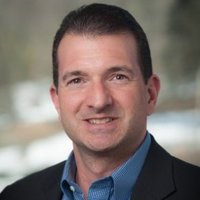Sheldon Burnett knows how quickly the world can change. For decades, he’s worked at the crossroads of global trade, logistics, and commodities. Now based in Miami, Florida, Sheldon has built a career by paying attention to what matters most: details, trust, and timing.
“Global markets don’t wait for you to catch up,” he says. “You either adapt or you fall behind.”
This mindset has carried him through shifting economies, evolving technologies, and unpredictable supply chains. His story isn’t about quick wins or viral success. It’s about steady growth, smart decisions, and doing the hard work behind the scenes.
Early Curiosity
Sheldon grew up in Canada, where he was always curious about how things moved—money, goods, and people. That interest led him to study International Politics and Military Studies at the University of Western Ontario. Later, he earned both a JD and an MBA from the University of Miami.
“The law teaches you how to think critically. Business school teaches you how to act,” Sheldon says. “Together, they gave me the structure I needed to work in global trade.”
From Trading Floors to Cargo Routes
Sheldon started his career as a commodity and currency trader in the late 1990s. He worked in a fast-paced environment where every decision could have a big impact.
“Trading taught me discipline,” he explains. “You learn quickly that emotion doesn’t belong in business decisions.”
But Sheldon didn’t stay in trading. He wanted to see how the system worked from end to end. That led him into logistics—specifically, the transportation and coordination of commodities around the world.
“I wanted to understand what happens after the trade closes. How do goods actually move from one country to another? That’s where logistics came in,” he says.
Technology and Trade
Today, Sheldon is focused on how technology is changing global trade. He sees artificial intelligence, real-time data, and blockchain as tools that can make systems smarter and more transparent.
“Technology doesn’t replace people—it supports them,” he says. “It gives us better information, faster. And that helps us make better decisions.”
He’s especially interested in how predictive analytics is being used to manage risk. In a world where natural disasters, political unrest, and shipping delays can throw off entire supply chains, having the right data at the right time can make all the difference.
“Logistics used to be reactive. Now it’s becoming proactive,” Sheldon explains.
The Human Side of Business
Even with all the technology, Sheldon believes that people are still at the heart of global trade.
“Trust is everything,” he says. “If people can’t rely on you to deliver—on time, on budget, and without excuses—then no amount of software can save you.”
That belief shows in how he approaches partnerships and team building. He values clear communication, accountability, and long-term thinking.
“There’s no shortcut to building a reputation,” he says. “You earn it one shipment, one contract, one decision at a time.”
Life Outside the Office
Outside of work, Sheldon finds balance through cooking and hockey. He says both hobbies teach patience, focus, and timing.
“Hockey sharpens your reflexes, and cooking slows you down,” he says. “Both keep me grounded.”
He also dedicates time to helping others. After Hurricane Matthew hit the Bahamas, Sheldon stepped in with support and was honored with the Humanity Award for his efforts.
“When you’ve had some success, it’s your job to give back,” he says. “That’s not charity—it’s responsibility.”
Looking Forward
Sheldon doesn’t claim to have all the answers. But he does have experience, and he’s not afraid to share what he’s learned.
“The world is changing fast,” he says. “But the basics still matter. Integrity, adaptability, and clear thinking will always be the foundation of good business.”
He continues to work behind the scenes in global trade, helping move goods across borders, manage risk, and build better systems. His approach isn’t flashy—but it’s effective.
And in today’s complex world, steady leadership might just be the edge that matters most.




